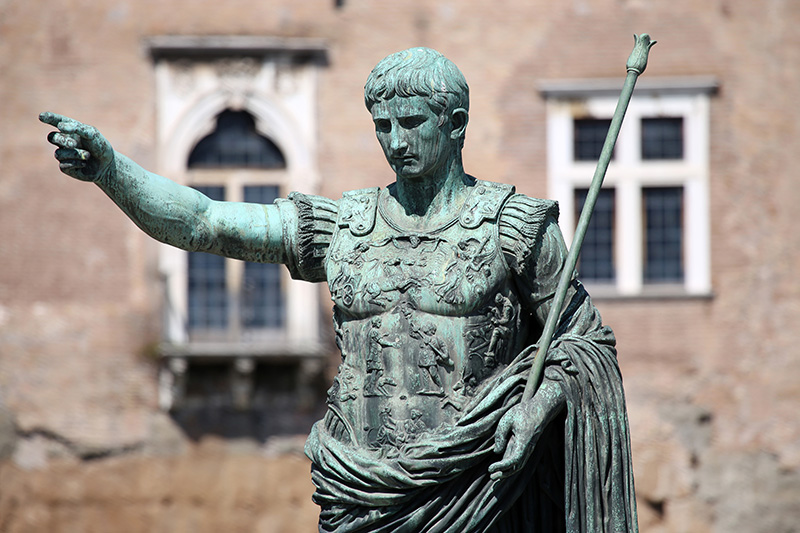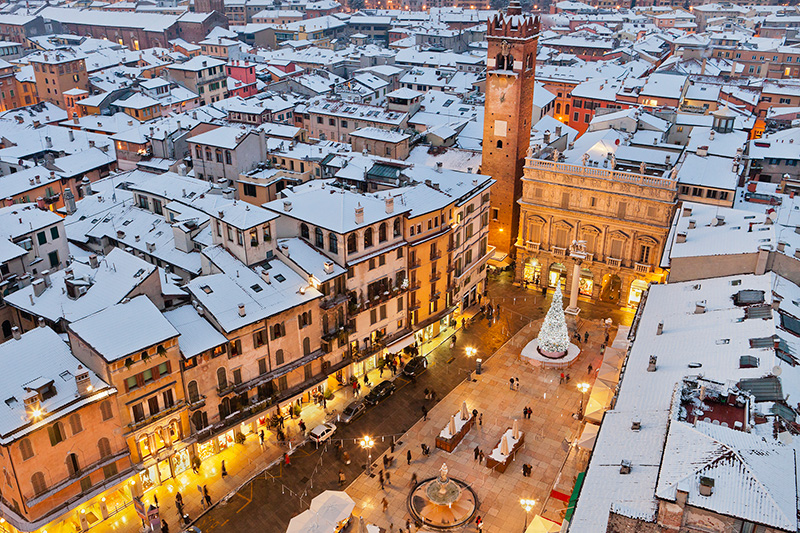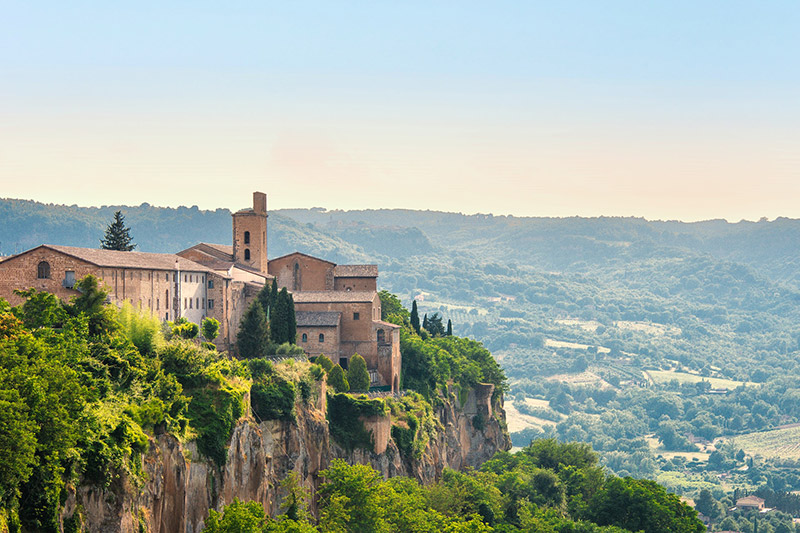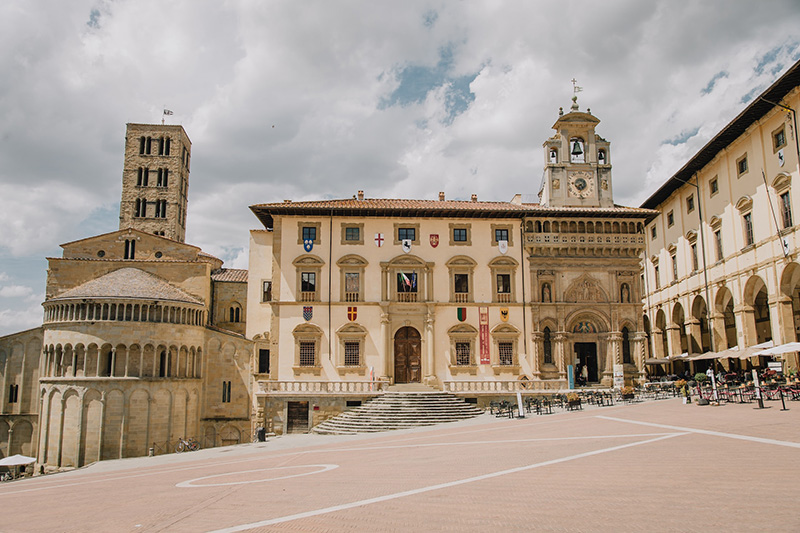In the heart of the Italian summer, a vibrant and joyous celebration known as Ferragosto takes center stage.
This beloved holiday, marked by festivities, feasting, and fun, holds deep historical roots dating back to ancient times. Ferragosto is not just a day of leisure; it embodies Italy’s cultural heritage and reflects the nation’s love for life and unity. Let’s delve into the history of Ferragosto, understanding its origins and exploring how it has evolved into the cherished holiday it is today.
The term “Ferragosto” finds its roots in the Latin phrase “Feriae Augusti,” which translates to “Augustus’ rest.” It was Emperor Augustus, who initiated the tradition of the Feriae Augusti in 18 BC. This annual festival was initially dedicated to celebrating the end of the agricultural work season and honoring the various gods of ancient Roman mythology.
The Festivities in Ancient Rome
During the Feriae Augusti, Roman citizens would indulge in a period of relaxation and revelry. Workers and laborers would enjoy a well-deserved respite, and the streets came alive with dancing, music, and theater performances. Lavish banquets were held, and people adorned themselves with wreaths of flowers while participating in games and sports competitions.
With the spread of Christianity in Rome, Ferragosto underwent a transformation. In the 4th century, the Catholic Church adopted this popular pagan celebration and infused it with a Christian significance. August 15th was declared the Feast of the Assumption of the Virgin Mary, commemorating the belief that Mary, the mother of Jesus, was assumed into heaven after her death.
Throughout the centuries, Ferragosto continued to evolve, becoming an essential part of Italian culture. Today, August 15th is a national public holiday in Italy, and the entire country comes together to celebrate with unparalleled enthusiasm.
Ferragosto is synonymous with mass migration to Italy’s picturesque coastlines. As the summer heat peaks, Italians and tourists alike flock to the beaches to enjoy the sun, sea, and sand. Coastal towns and resorts are adorned with colorful decorations, and beachfront establishments overflow with delectable Italian delicacies.
In addition to beach vacations, Ferragosto is marked by communal feasts and festivals across Italy. Families and friends gather to savor traditional dishes, such as porchetta (roast pork), panzanella (bread salad), and fresh seafood platters. Local parades, concerts, and firework displays add to the festive ambiance, creating unforgettable memories for both locals and visitors.
One of the most endearing aspects of Ferragosto is the spirit of togetherness it fosters. Families and friends unite, and strangers often join in the revelry, emphasizing the Italian value of camaraderie. It’s a time when the stresses of daily life are set aside, and the joy of living is embraced wholeheartedly.
Ferragosto, with its rich historical significance and vibrant modern celebrations, represents the essence of Italy’s cultural heritage. From its ancient Roman origins as a festival of rest to its transformation into a Christian holiday and its contemporary expression of unity and merriment, Ferragosto continues to hold a special place in the hearts of Italians.
This cherished holiday serves as a reminder of the country’s love for life, family, and community, making it an experience like no other for those fortunate enough to participate in its festivities.



